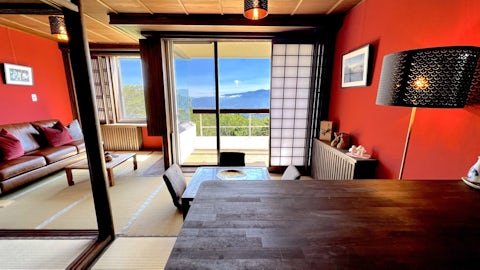
One of the most famous and fascinating times in Japanese history is the era of the remarkable Japanese Samurai warriors, and their values that served as a great example in Japan's culture continue to impact Japan today. The culture of Japanese warriors exists today in everything from gardens, castles, rituals and even daily values.

Samurai originated in the Heian Period. They were warriors hired by wealthy classes to build armies for their own protection. They served the greatest landowning clans that ruled Japan for over 700 years.

During the Edo period, Samurai were ranked at the top of the class system as they lived in castle towns and were paid by feudal lords. The Meiji restoration of the imperial family in 1868 and opening of borders to the US Navy led to favouring the Western-style of armed forces and completely abolishing the samurai culture. Harmony and nonaggression prevailed among the Japanese, and Samurai warriors became known as shizoku with their former status as samurai, wherein they no longer wore a katana or samurai sword with a curved blade in public.

Samurai underwent tough training with a combination of physical strength, poetry and spiritual education. They were taught “the Way of the Sword” or Kendo. They owned a katana, or samurai sword, with a curved blade representing the soul of a warrior.
They also embodied the “the Way of the Warrior”, or Bushido, that values loyalty, respect and self-discipline. One of their values includes the significance of their death. A Samurai’s death is heroic if they died for their cause. As such, samurai choose the ritual of suicide or seppuku when they were defeated and humiliated by their enemies, and Zen Buddhism as their moral code.
Women were also allowed to train. Although they did not participate in the battlefield they were prepared to defend their homes.

Today, the time of Samurai can be remembered across Japan from museums, art galleries, castles, amusement parks, districts, martial arts and many more tours and activities you definitely not want to miss.













